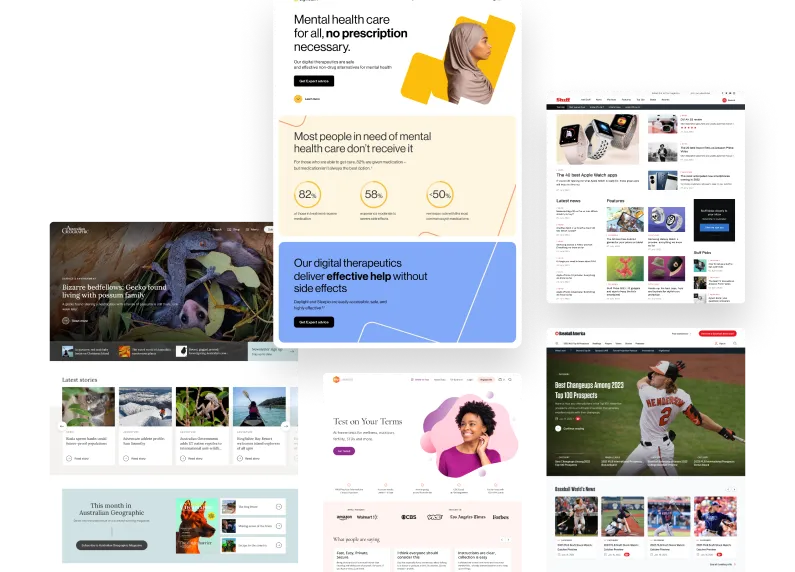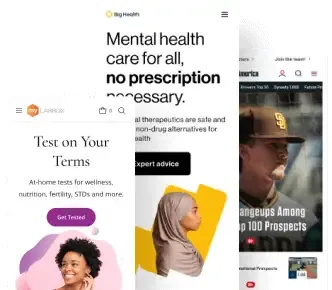The Early Days of WordPress Documentation
I’ve been contributing to the WordPress documentation since 2011. For a full decade I’ve been volunteering my time to this project that helps. Back then it was easy to start contributing. Documentation lived in Codex, which is Wiki based, so anyone, as long as they logged in, could modify it as they saw fit. I was modifying it quite a lot. All the missing info, incorrect info… I was there, exercising my right to be right. There were no rules (except to be nice), no team to bottleneck the edit access, no styleguide or GitHub issues.
It was marvelous. Full of spam, but it was marvelous.
The Shift to Structure and Teams
Eventually, contributors realised the project needed more structure, more organization, more management. From there, new teams emerged. We started recognising the difference between team contributor and team member and the documentation moved to WordPress (where it is now). Since it was no longer open for anyone to edit, I joined the team. Things were beginning to get complicated. The Documentation team had so many different projects. There were end-user docs, developer docs, and various handbooks.. It was no longer easy to start contributing any more. We needed documentation on how to start writing documentation.
I was happy regardless. I joined the project to become a better developer. Writing documentation helped in this tremendously. I was spending a lot of my free time writing docs, but I was happy, regardless.
The Power of In-Person Connections
WordPress became a globally distributed project and the community quickly realised that no online collaboration can make up for in-person interaction. We are but humans and what we seek, above all, is human connection. Fueled by common interests, curiosity, and care for something larger than ourselves, in-person interactions blossomed in shared feelings of belonging, unexpected kindred bonds, and life-lasting deep friendships all over the globe. No one saw that coming. In-person events became the most efficient way to spread knowledge and expand community.
The Magic of Contributor Day
The best day ever has dawned. The Contributor Day.
The most simple definition of Contributor Day is that it is the day when the WordPress community gathers in the same room to collaborate and build WordPress. But it is so much more than that.
Imagine being in the same room as the people whose skills and knowledge you admire. Now you sit next to them and ask them anything you want. Imagine a long-time collaborator you never saw but together, you built an awesome feature. Now you can hug them and celebrate your achievements. Imagine not knowing anything about WordPress and having a hard time deciding where to start. Now you have a person who’s main goal for the day is to set you off in the right direction. Imagine all of this with cookies. Cookies you get by joining the Documentation team.
The Contributor Day is the day you join as a friend, but leave as a family.
That was our definition when I was in the WordCamp Europe organising team, 2018 and 2019. Contributor Days happen at most WordCamps. The biggest and probably the most important are the ones that go with the flagship events (WordCamp Asia, WordCamp Europe, and WordCamp US). They can gather between 500 and 800 contributors from around the world.
The Unsung Heroes: Organizers and Table Leads
Success of Contributor Day largely depends on two groups of people. The ones that welcome you in the room, the organisers, and the ones that welcome you at the table, table leads.
The first group poured their time and effort prior to the event. Every detail, from the number of people at the the table, the shape of the table (round or square), the number of extension cords per table, to how many tables per team, how many teams, which teams are placed next to each other, to lunch menu and number of portions, and much more were topics of meeting discussions for months.
The second group will pour their time and effort during the event. Welcoming every contributor at their table, presenting the focus tasks for the day, helping new contributors to get started, answering all the questions, and keeping track of contributions for the final report. Some will even go that far to bring cookies and bribe you into contributing in exchange for some sweet, irresistible food.
Both groups are volunteers.
That’s right. They don’t get paid to do any of those things. But for many WordPress.org teams this means they can not have a table at most of Contributor Days. A large majority of teams have only one or just a few people who have enough experience and knowledge to lead the table. If you want your team to have a table, and you’re the only contributor who can run it, then you have to pack your bags and go there yourself. On your own expense.
It is as unsustainable as it sounds.
The Value of Corporate Sponsorship
I was volunteering for more than 10 years when I finally couldn’t support that dear endeavor any more. But being long enough at the source brought me enough knowledge to join XWP, an enterprise WordPress agency. I was introduced to a whole new way of coding I couldn’t learn by reading and documenting the source.
Luckily, XWP understands the importance of nurturing the source and how every contribution, however small, is pushing the WordPress project forward. And so my desire to learn more brought me the opportunity to keep working on the core of my knowledge, a place that powers so much of our worlds.
And there are more, many more companies who know this. This was apparent at the latest edition of WordCamp Asia Contributor Day in Manila, Philippines. Not all 37 table leads, but the majority of them are sponsored to contribute to the WordPress project. I’m quite sure this allowed many of them, traveling from other continents, to be there.
It certainly allowed me to be there.
A Day of Collaboration and Celebration
At the Documentation table we had experienced contributors but also people who know nothing about WordPress, and everything in between. We onboarded new contributors, completed tasks, opened new issues, discussed various problems, ate some cookies and shared the rest with other teams.
The generosity of open-source project sponsors enabled this Contributor Day in Manila to be a real exhibition of diversity in all aspects. Skills, knowledge, experience, gender, age, cultural background, colour of skin. It was magnificent. The community back together, under one roof. Not just collaborating in contributions, but also celebrating warm, deeply human connections, all distilled in a greeting, a smile, a hug. Exchanging small gifts from different parts of the world, as tokens of gratitude for the possibility to see good friends again.
Gratitude and Reflection
It takes a lot of awareness for a company to understand the impact of sponsoring just one contributor. Making sure this contributor shows up at in-person events and understanding the impact of such interactions, puts the company at a whole new level of pushing forward and making the world a better place. I am endlessly grateful that XWP made sure I showed up at WordCamp Asia 2025, to experience this, one-in-a-lifetime event, meet new and hug old friends, as well as for all contributions of mine which they made possible.


